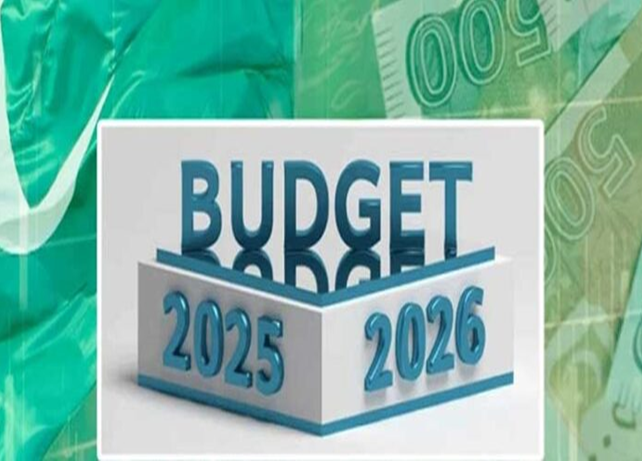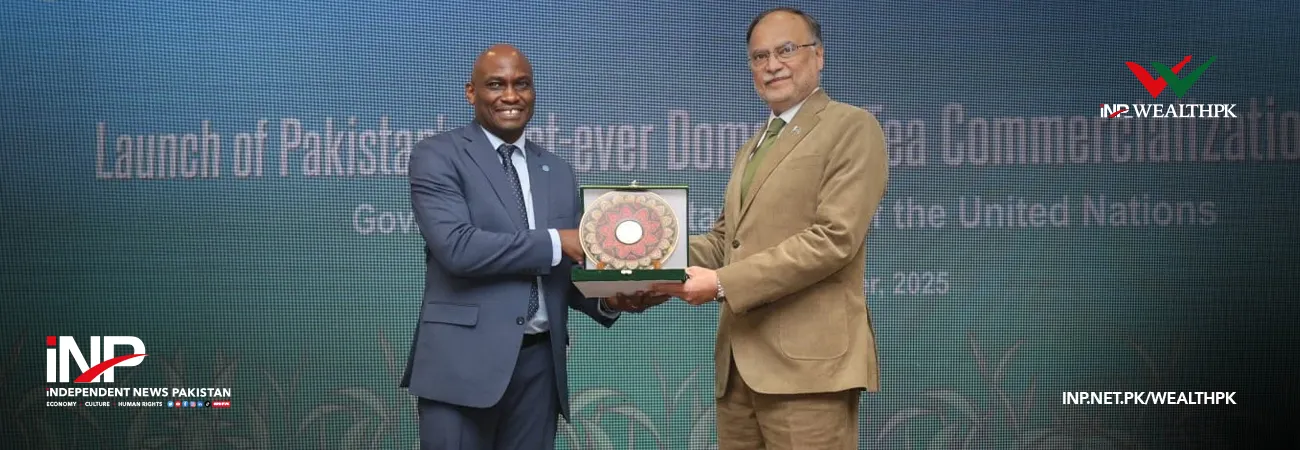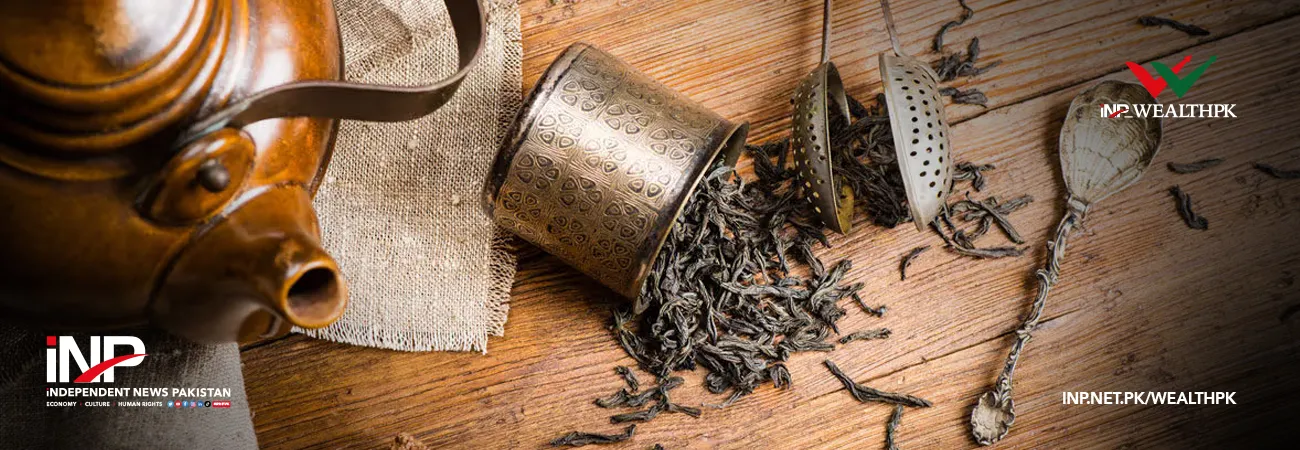INP-WealthPk
Moaaz Manzoor
As Pakistan gears up to unveil the Federal Budget FY2025-26, discussions on its potential to initiate the long overdue tax reforms and bolster the country’s trade capacity continue to intensify, reports WealthPK.

With a fiscal deficit that continues to pressure macroeconomic stability and an industrial sector stifled by over-taxation and inefficiencies, the upcoming budget is seen not as a mere financial exercise but as a turning point in economic policy planning. Speaking to WealthPK, Namra Saleem, a researcher and economist at the Policy Research & Advisory Council (PRAC), emphasized the need for a broader and more efficient tax system. “For inclusive and sustainable growth, the federal budget must prioritize the broadening of tax base, cut in non-productive expenditures, and improvement in the spending efficiency,” she said.
According to her, rebalancing expenditure toward human capital development and small and medium-sized enterprises (SMEs) will be critical for Pakistan’s long-term economic resilience. Namra highlighted the new National Tariff Policy as a timely intervention, which seeks to streamline customs duties and gradually eliminate regulatory duties that distort trade incentives.
“By reducing input tariffs, we can lower the anti-export bias and integrate more meaningfully into the global value chains,” she noted. However, she cautioned that this liberalization may expose industries like steel and automobiles, long sheltered by high tariffs, to an intense global competition. “A phased implementation, coupled with targeted support for affected sectors, will be vital to managing the transition risks,” she added. Dr. Ikramul Haq, a leading tax expert, echoed similar views, calling the existing tax structure “oppressive, lopsided, and counterproductive for economic growth.”
He pointed out that taxation in Pakistan has failed both its primary function of raising sustainable public revenue and its redistributive role. “We must re-engineer the tax system entirely. This means lowering corporate tax rates to 20%, implementing a flat 25% rate for non-corporate entities, and harmonizing sales tax on goods and services to no more than 10% — a model followed by competitive economies like Japan, Vietnam, and Singapore,” he proposed.
He argued that “regressive tax practices” combined with arbitrary import restrictions have eroded industrial competitiveness and disincentivized formal business growth. “Fixing revenue targets in isolation, without improving productivity or reducing the cost of doing business, is the real issue,” he stressed. According to Dr. Haq, taxation should be a catalyst for industrial expansion and employment generation and not a burden that deters innovation and risk-taking. He also emphasized the need for fiscal tools to direct economic behavior.
“Higher taxes on luxury goods and low-priority imports can free up resources for more productive sectors. This not only enhances public revenue but also redirects consumption and investment in a manner aligned with national priorities,” he stated. Dr. Haq further noted that without ensuring the security of life and property, even the most business-friendly tax policies will fall short of attracting serious investment.
The federal budget’s success will depend on striking a balance between structural reform and sectoral protection. By fostering industrial growth, rationalizing taxation, and boosting investment confidence, the government can shift from reactive fiscal patchwork to a proactive growth strategy. The real test lies in implementation and political consistency.
Credit: INP-WealthPk













